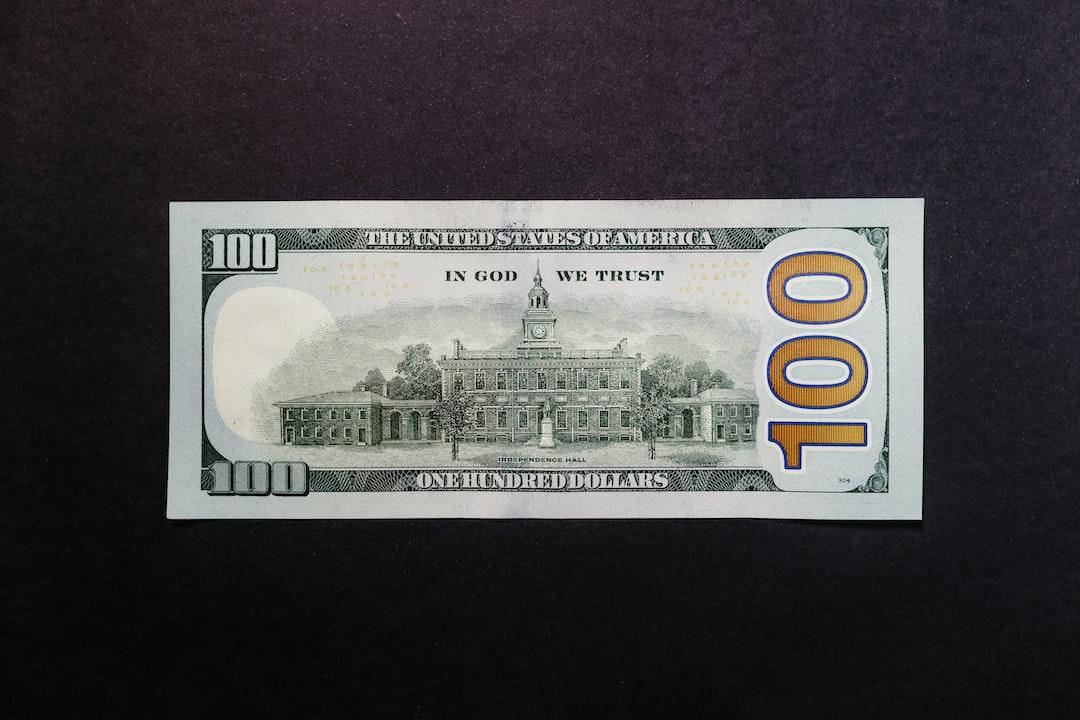VanEck research director Matthew Siegel believes that the approval of a spot Ethereum ETF will pave the way for a Solana ETF, reigniting interest in the cryptocurrency market.
The language used in the Ethereum ETF document describes altcoins as a commodity, suggesting that due to its decentralized nature, Solana can be similarly applied. He suggests that regulatory sharing arrangements for Solana should be similar to those of spot ETFs for Bitcoin and Ethereum, which could facilitate the approval of a SOL ETF.
Siegel also pointed out that some commodity-based funds exist without a futures market, which could support the case for a SOL ETF, as Solana lacks a futures market on the Chicago Mercantile Exchange (CME).
Siegel’s statements once again sparked debate between Solana and Ethereum. He defended VanEck’s strategy, opposing criticism that VanEck did not wait for an ETH ETF to launch before taking action. Critics raised questions about the decentralization of SOL, noting that the Solana Foundation and its affiliates own 20% of the supply, significantly higher than the 0.2% of ETH held by the Ethereum Foundation.
Read more:

A judge rejects the SEC’s claim that BNB sales constitute a securities offering
Ethereum’s Chief Technology Officer and founding member Steve Dakh stated:
Given that the Solana Foundation and its affiliated entities still own 20% of the SOL supply, I would not consider it decentralized. In contrast, the Ethereum Foundation holds around 0.2% of the ETH supply.
The ongoing debate between Solana and Ethereum focuses on efficiency, development, and scalability. Solana co-founder Anatoly Yakovenko believes that the two technologies can coexist and compete in overlapping areas. He dismissed the idea of Solana replacing Ethereum, emphasizing the growth potential of both networks.


